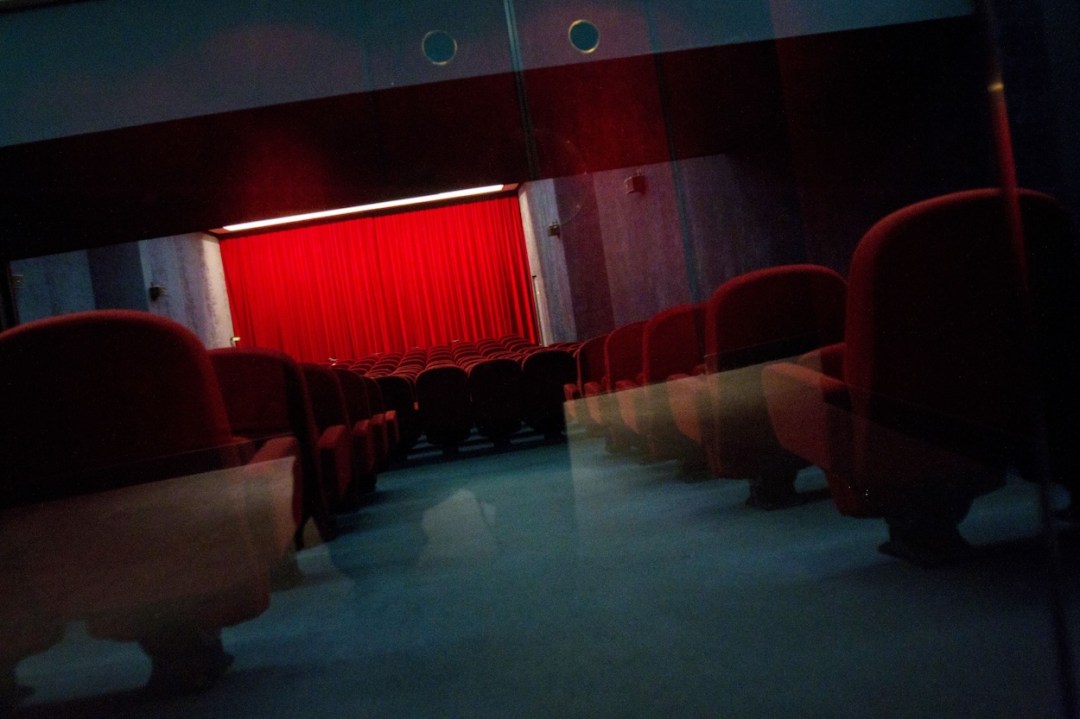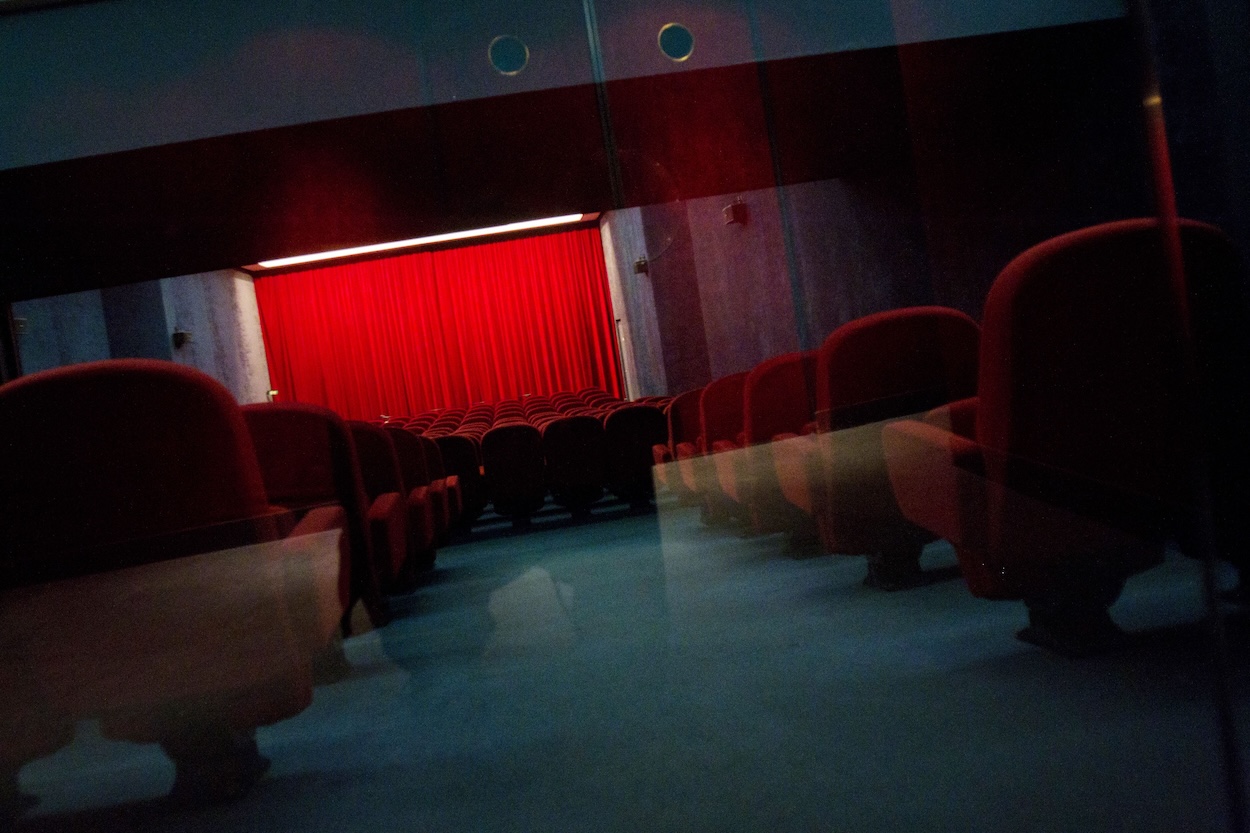My late son took film seriously, a taste I was delighted to see him develop, and regret not being able to see him grow out of. When he was little we watched the Pixar films, and they gave us great joy. The first 20 minutes of Up and the last 20 of Toy Story 3 have been called the only perfect bits of cinema, a formulation with a high quotient of truth.
After our son’s death, my wife commented that she had never before seen me cry. I had always wondered if she’d spotted my tears at the end of Coco, or those I shed during Guardians of the Galaxy 3, during a Sicilian family holiday, but I don’t cry easily. We watched Coco, which is about remembering the dead, shortly after my mother’s funeral. In Sicily, I wonder if it was a reaction to being uncomplicatedly happy. Tears come easily with melodrama because the stakes are low, and they’re never lower than when life is good.
The most serious emotional experiences art has given me have come from reading. What I value in film is not profundity but entertainment. Literature becomes the lingua franca of grown men because it is the high art that condenses human experience – or does for me, a thoroughly unmusical fellow. Film belongs to pop culture, and pop culture is ephemeral. That doesn’t make it worthless, but its value is not that it enriches history but that it enriches life, and then, like life, it passes away.
Scorsese famously said differently. ‘I tried, you know?’ the director replied when asked if he’d watched Marvel, ‘but that’s not cinema.’ He compared them to theme parks, not to ‘human beings trying to convey emotional, psychological experiences to another human being’.
I may have liked Goodfellas, though I can’t remember much, but I recall enjoying Raging Bull. But the notion that a crime caper and a biopic about a boxer are somehow at a different level of art to a superhero adventure is a mistake. Directors make that mistake because they’re endlessly flattered by a world that worships Hollywood celebrity. If the media lavished that much praise on hospital cleaners, they’d believe mopping was art. Actors and directors fall for it so easily because the media cares about almost nothing else.
Scorsese is wrong. Film is melodrama, entertainment, light opera – and that’s true no matter its topic. François Truffaut, no mean film-maker himself, recognised that there can be no such thing as an anti-war film. There can’t be, because the currency film trades in is glamour, and it glamourises everything it touches, even parts of life that in truth are not glamorous. Think of that child’s red dress in Schindler’s List. A thoroughly well-meaning film, but it can’t avoid making beautiful entertainment from what should be unwatchable. Oscar Schindler, the moment he is Liam Neeson, becomes entertainment. Primo Levi wasn’t entertainment, but the real story was his – or as close as you can get to it, since, as Clive James pointed out, the real story was never about the Jews who survived.
Tolstoy is high art; The Wolf of Wall Street isn’t. I’m sceptical that The Godfather tells us more about the human heart than Paddington 2. Both peddle fantasies; to my taste, I prefer the one that’s pleasant. The Seventh Seal is more arduous to watch than Singin’ in the Rain, but it’s the musical that takes life seriously – all Ingmar Bergman takes seriously is the fantasy of his own genius.
I’m sceptical that The Godfather tells us more about the human heart than Paddington 2
The brilliant Hollywood writer William Goldman adapted his book of the same name to create The Princess Bride. The film has a happy ending and the book doesn’t. Both are brilliant, and the book isn’t high art either – not much in the world is – it’s merely wonderful. Easy to read as it is, the book requires that little bit more effort than settling down to watch the film. Books are always harder work – but art isn’t an equal-opportunities exercise, and easiness isn’t a trump virtue.
Film, really, is modern opera – a heavily stylised story set to music. We may walk away remembering the lyrics, but music pulls the strings. Why do I remember Raging Bull? For the same reason everyone does – that wonderful opening, with the intermezzo from Cavalleria rusticana. Baz Luhrmann’s trilogy – Strictly Ballroom, Romeo + Juliet, Moulin Rouge – worked brilliantly because he understood he was in the business of musical entertainment. When he made Australia he made the fatal mistake of thinking he was Homer.
Isaiah Berlin said the difference between coarseness and vulgarity was that vulgarity obscures while coarseness reveals. Films are often vulgar, but they don’t have to be, and their coarseness isn’t deplorable – just the limits of their medium. When done well they tell the truth – sometimes nothing but the truth – but never the whole truth. Even Tolstoy can’t do that, but he makes you sense it’s out there.
Film can be memorable and moving and life-enhancing, but it will always go well with popcorn. A great shame, to die young before you have had the chance to outgrow your adolescent tastes. A shame of a different kind, which too many of us share, is to grow old without ever growing up.








Comments